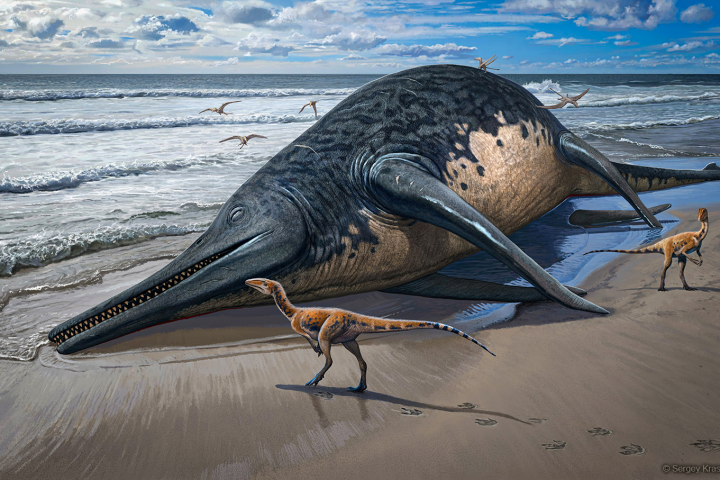In recent years, we've seen a number of research groups develop waterproof adhesives inspired by the fibers that mussels use to cling to rocks. Unfortunately, though, the mussels themselves may be losing their grip on those rocks, due to marine microplastic pollution.
Instead of just utilizing a liquid biological glue, mussels actually secrete proteins through their feet that form into strong, fine fibers known as byssal threads – networks of these keep the animals securely attached to underwater surfaces, even when subjected to pounding surf.
Led by Dr. Dannielle Green, scientists from Britain's Anglia Ruskin University set out to see how such fibers are affected by tiny particles of plastic waste, which are now found in oceans throughout the world.
Working at Northern Ireland's Portaferry Marine Laboratory, the research team exposed a group of blue mussels to periodic doses of non-biodegradable polyethylene micro-particles over a 52-day period. When the molluscs were subsequently examined, they were found to have produced significantly fewer byssal threads than a control group that wasn't subjected to the particles. This resulted in about 50 percent less vertical force being required to dislodge the affected mussels from surfaces.
After analyzing proteins in the mussels' circulatory fluid (their equivalent of blood), the scientists determined that exposure to the microplastics produced a strong immune response in the animals, plus it affected their metabolism. This, in turn, may have caused them to secrete fewer fibers.
Although particles of biodegradable polylactic acid produced less of a response, they still did also cause a fiber reduction.
"Byssal threads help mussels to form aggregations, increasing fertilization success and making mussels more resistant to predation," says Green. "A reduction in these byssal threads in the wild could lead to cascading impacts on biodiversity as well as reducing yields from aquaculture, as mussels are more likely to be washed away by waves or strong tides."
A paper on the research was recently published in the journal Environmental Pollution.
Source: Anglia Ruskin University




